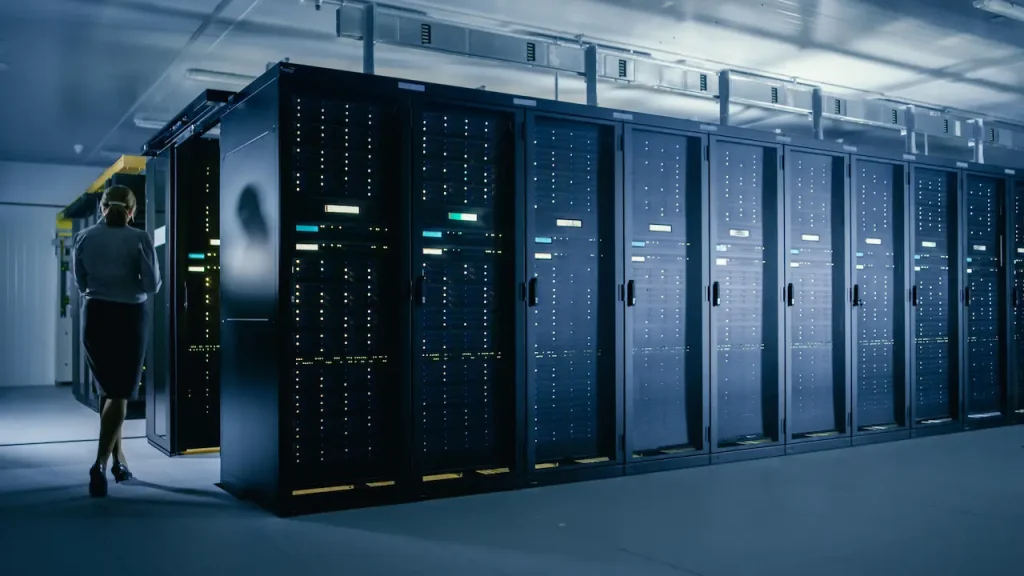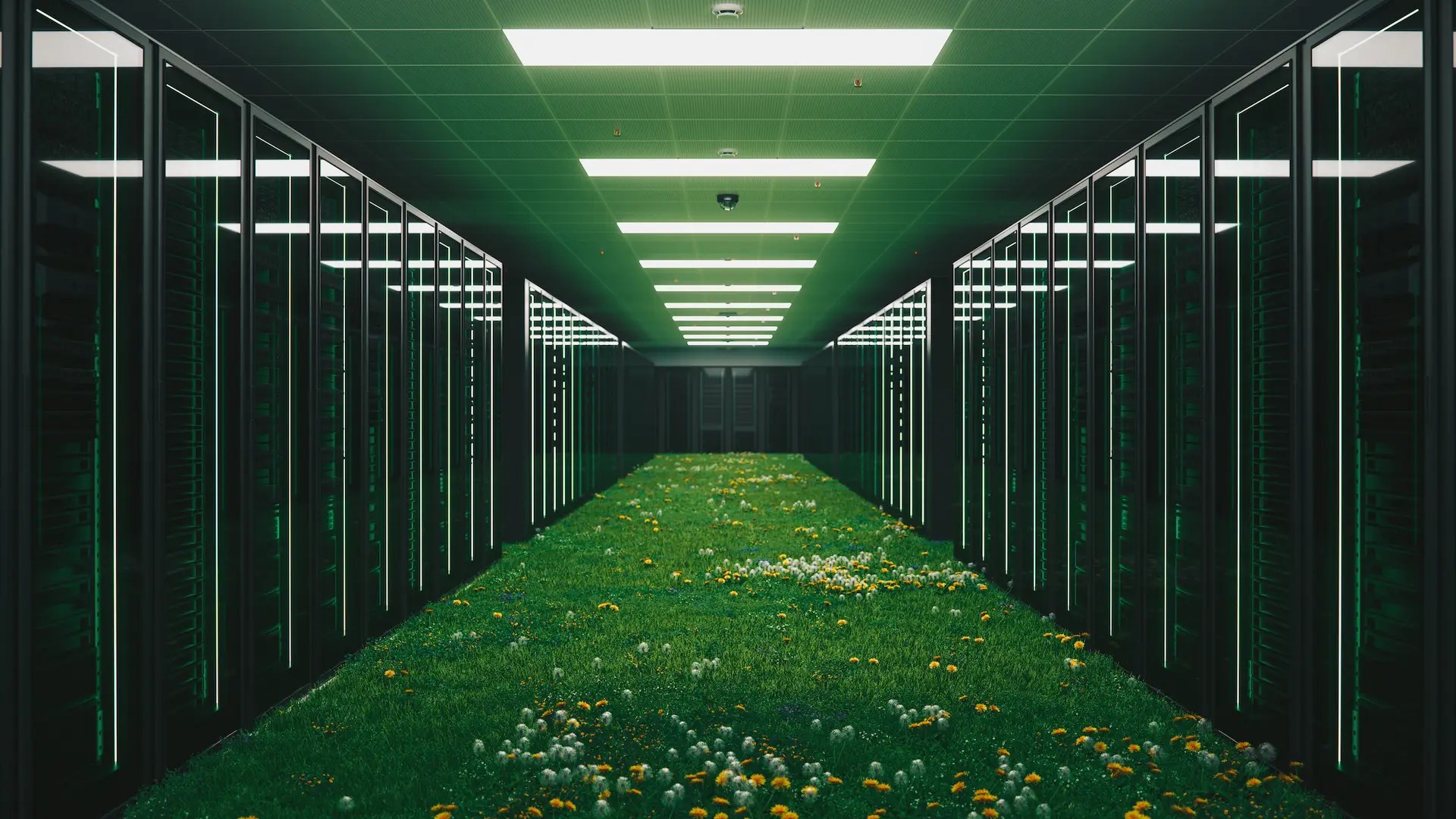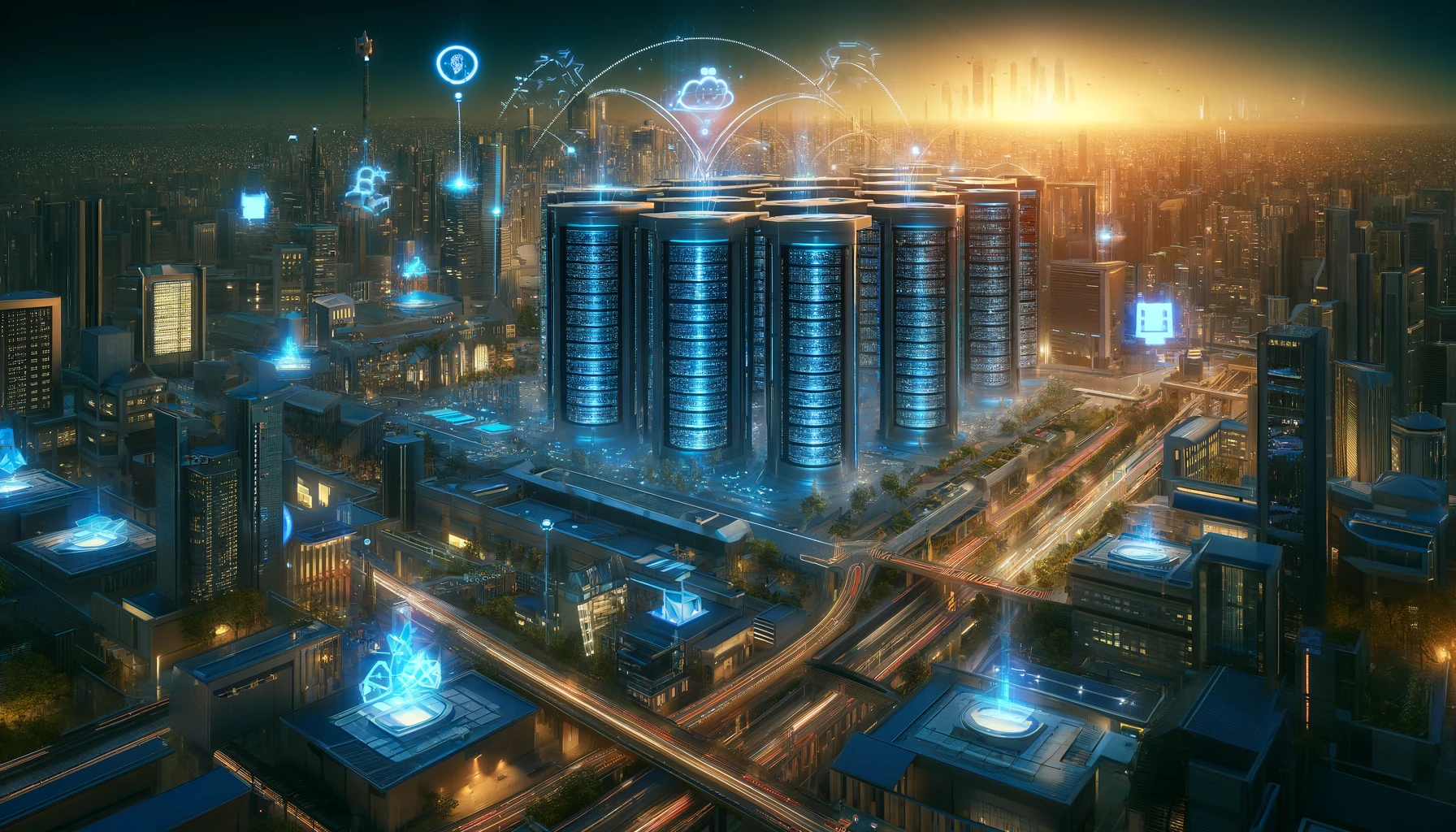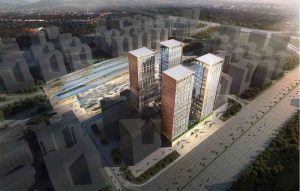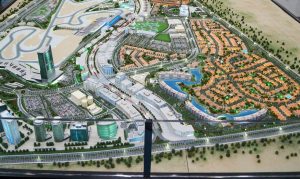Azura Consultancy Experts In Modern Data Centers
Design and Operational Efficiency Requirements in Modern Data Centers
In the era of digital transformation, data centers play a pivotal role in supporting the massive influx of data generated by various industries and applications. From cloud computing to streaming services and IoT devices, the demand for efficient, scalable, and resilient data centers has never been higher. To meet these demands, modern data centers must adhere to stringent design and operational efficiency requirements. In this article, we’ll delve into the key considerations necessary for both the design and operational phases of modern data centers.
Design Efficiency
1. Scalability:
Modern data centers must be designed with scalability in mind to accommodate the ever-growing volume of data and computing demands. Scalability ensures that infrastructure can be easily expanded or contracted in response to changing requirements without compromising performance or reliability.
2. Energy Efficiency:
Energy consumption is a significant concern for data centers due to their intensive computing operations. Designing data centers with energy-efficient technologies and practices not only reduces operational costs but also minimizes environmental impact. Employing techniques such as hot/cold aisle containment, efficient cooling systems, and energy-efficient hardware can significantly improve overall energy efficiency.
3. Redundancy and Resilience:
Data centers must prioritize redundancy and resilience to mitigate the risk of downtime and data loss. This involves implementing redundant power supplies, networking infrastructure, and storage systems to ensure continuous operation even in the event of equipment failure or maintenance activities. Additionally, employing disaster recovery and backup solutions is crucial for data protection and business continuity.
4. Space Optimization:
With real estate becoming increasingly expensive, maximizing space utilization is essential for data center design efficiency. This includes optimizing rack layouts, utilizing high-density server configurations, and adopting compact infrastructure designs to make efficient use of available floor space.
5. Security:
Security is paramount in modern data centers, given the sensitive nature of the data they host. Designing data centers with robust physical security measures, such as biometric access controls, surveillance systems, and secure perimeter fencing, helps prevent unauthorized access and safeguard critical assets from potential threats.
Operational Efficiency
1. Monitoring and Management:
Efficient data center operations rely on comprehensive monitoring and management systems that provide real-time visibility into performance, resource utilization, and environmental conditions. Implementing advanced monitoring tools and automation technologies enables proactive identification and resolution of issues, optimizing resource allocation and improving overall operational efficiency.
2. Maintenance and Serviceability:
Regular maintenance is essential to ensure optimal performance and reliability of data center infrastructure. Designing systems for ease of maintenance and serviceability, such as modular components and standardized procedures, simplifies routine tasks and minimizes downtime associated with equipment repairs and upgrades.
3. Workflow Optimization:
Streamlining operational workflows through automation and process optimization enhances efficiency and productivity in data center operations. By automating routine tasks, such as provisioning, configuration management, and software updates, data center staff can focus on higher-value activities, leading to improved operational efficiency and reduced human error.
4. Capacity Planning:
Effective capacity planning is critical for optimizing resource utilization and avoiding performance bottlenecks in data center operations. By accurately forecasting future demand and capacity requirements, data center operators can proactively allocate resources, scale infrastructure as needed, and avoid over-provisioning or underutilization of resources.
5. Compliance and Regulations:
Compliance with industry regulations and standards is a fundamental aspect of data center operations, particularly concerning data privacy, security, and environmental sustainability. Establishing robust compliance frameworks and adhering to relevant regulations ensures legal compliance, mitigates risks, and enhances the trust and credibility of the data center operation.
Conclusion
In conclusion, the design and operational efficiency of modern data centers are essential for meeting the growing demands of digital infrastructure while minimizing costs and environmental impact. By focusing on scalability, energy efficiency, redundancy, security, monitoring, maintenance, automation, capacity planning, and compliance, data center operators can build and operate highly efficient and resilient facilities capable of supporting the evolving needs of the digital age. Continuous innovation and adaptation to emerging technologies and best practices will be critical in maintaining competitiveness and sustainability in the rapidly evolving data center industry.


